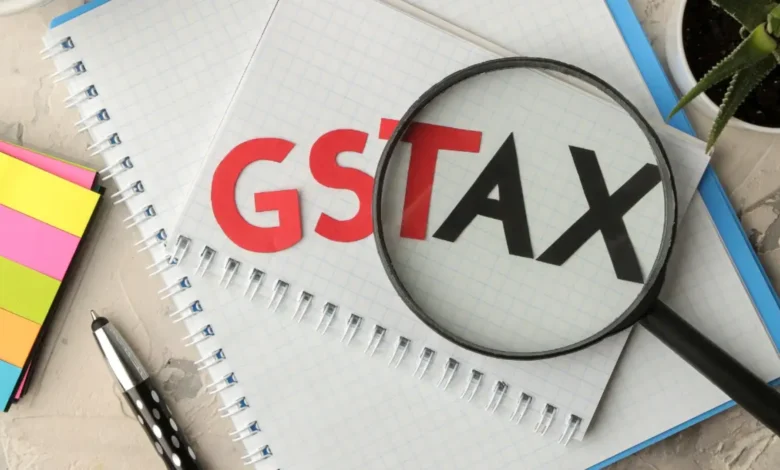More than 25000 Fake Companies, Over Rs.61000 crore Tax Fraud found by GST Officers

Central and state GST officers have uncovered a massive fraud involving 25,009 fake firms, which were fraudulently passing Input Tax Credit (ITC) worth Rs 61,545 crore during the 2024-25 financial year. These actions highlight significant misuse of the Goods and Services Tax (GST) system.
What is ITC and How Was it Misused?
Under the GST system, businesses can claim Input Tax Credit (ITC) for the taxes paid on purchases made from suppliers. This allows businesses to reduce their tax liability by offsetting the tax they’ve already paid, making it an essential part of the tax system.
However, fraudulent activities have been taking place where fake firms were created simply to claim ITC that they didn’t deserve, leading to large-scale tax evasion. These fake companies would generate fake invoices and pass on fraudulent ITC, which was then used to reduce the tax liability of other businesses, causing the government to lose out on valuable tax revenue.
Recoveries and Arrests
During the 2024-25 fiscal year, GST officers were able to recover Rs 1,924 crore by blocking the fraudulent ITC claims and arrested 168 individuals involved in these activities. This is part of a larger effort to address the growing problem of fake ITC claims.
Overview of ITC Fraud Over Two Years
Between 2023 and 2025, both Central and state GST officers detected a total of 42,140 fake firms involved in fraudulently generating Rs 1.01 lakh crore in ITC claims. In total, Rs 3,107 crore was recovered by blocking these fraudulent claims, and 316 people were arrested during this period.
Steps Taken to Prevent ITC Fraud
To combat the rise in fraudulent ITC claims, the government has introduced several measures, including:
- Intelligence Sharing: The government is sharing intelligence reports to detect suspicious activities and fraudulent registration.
- Suspicious E-Way Bills: Monitoring suspicious activity related to e-way bills, which are used to track goods in transit.
- Stricter Registration Process: The registration process for GST has become more stringent. While non-risky businesses can get GST registration within 7 days, businesses flagged as risky now undergo physical verification and Aadhaar authentication before their registration is approved.
Penalties and Legal Actions
The GST Act lays down penalties for those who falsely claim ITC. Some of the measures to deal with fraud include:
- Suspension or Cancellation of Registration: Taxpayers found guilty of fraudulent ITC claims can have their GST registration canceled or suspended.
- Blocking ITC: The fraudulent ITC is blocked in the electronic credit ledger, preventing the accused from using it.
- Attachment of Property: The government can also attach properties or bank accounts of individuals involved in fake ITC cases to recover the lost revenue.
Ongoing Efforts and National Conferences
The GST authorities have been actively holding national conferences with enforcement chiefs from both the Central and State GST formations. These conferences discuss ongoing actions against fraudsters and emphasize maintaining a balance between effective enforcement and the ease of doing business.
